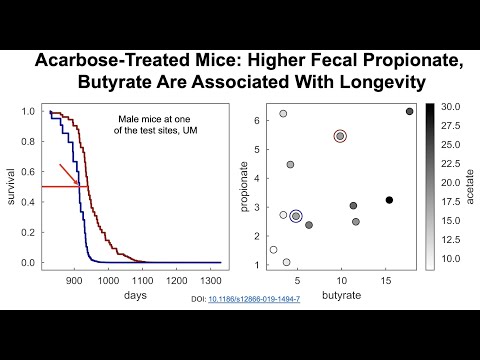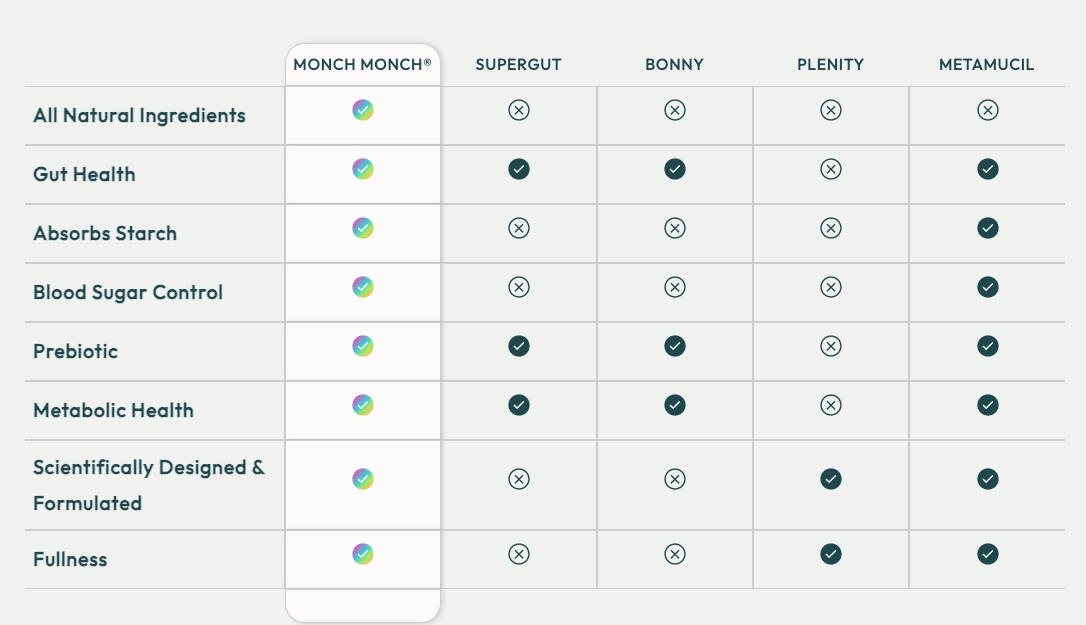Do we know that the mice ate that had a life extension using acarbose? Is it the wheat plus acarbose that gives all the benefit? Probably not but wouldn’t that be a kick in the butt.
It is the gas which causes the life extension ![]()
Unless I get murdered because of it.
The gas gets better over time. It’s still there, just not as bad as in the beginning.
I notice that some take Jardiance instead of Acarbose.
What are the comparative benefits of each?
I don’t know that buy that…as a non-diabetic who uses an SGLT2 inhibitor, when I use a glucose urinalysis stick I can see I’m excreting a lot of glucose (way more than I normally do).
So that glucose must be coming from the kidneys, via the blood that they are filtering. That surely must be impacting my blood glucose levels, and even it has no impact on postprandial levels, it must surely lower the baseline on which the postprandial glucose sits ?
This would be unfortunate. One primary motive for considering acarbose is to mitigate the post-prandial effects of wheat. However, if I need to steer clear of wheat due to gas, this undermines the original reason for taking acarbose.
I’m not sure this is a great trade off. I guess I could still use it for rice…
If you have normally glucose in urine your glucose concentration must exceed 180-200 mg/dl which is renal threshold. In metabolically healthy people this occurs really seldom. If you take SGLT2i in my understanding you lower renal threshold by about 30%. There is still some glucose reabsorption in place.
Intriguing, you’re right in that my blood glucose never reaches those levels.
Yet I know that I get a 10-20 fold increase in urinary glucose output when I take an SGLT2 inhibitor.
I’ll have to investigate further.
I’m in the middle of a study at the moment but when that ends, I’ll stop my SGLT2 inhibitor, do a 24 hour glucose collection, restart the inhibitor and do another collection.
Unless you have kidney disease, which also rules out metaformin.
My current thinking is that metformin is not a big deal. There is nothing in the literature that I have read that says metformin is a significant life extender in humans. Metformin is one of the drugs that has an extensive history of use in humans. It seems to have other benefits than glucose control but they are not well studied.
As far as glucose control is concerned, there is nothing I have read that says controlling glucose in non-diabetic people has any life-extension properties. I know glucose control is a popular subject in the forum threads.
On the off chance that it does, I take acarbose and linagliptin. I am currently off of metformin because it has side effects for me that I don’t like. Metformin seems to cause digestive tract issues in a significant percentage of people who take it.
Bottom line: If you are not diabetic I wouldn’t worry about the supposed life-extension benefits of metformin.
I am trending toward this conclusion. I have blood sugar issues genetically (family history) but I am doing so many things that I think metformin is not necessary for me (to accept its drawbacks). I think acarbose and canagliflozen plus berberine and ALA will be enough. That will be my next test, using HbA1c as a guide. I will not tolerate going above 5.5.
I plan to drop Farxiga for Cana, and metformin for acarbose, to stay under my limit of 10 chemicals.
Metformin use should not be abandoned in those with Chronic Kidney Disease. Most paranoia about Metformin is based on its predecessor, Phenformin, which was discontinued in the U.S. in 1978, due to excess deaths due to lactic acidosis. Although Metformin, like Phenformin, is a biguanide, it is much safer, and rarely causes lactic acidosis. If one has CKD–even Stage IV–Metformin can be safely used if the dose is reduced (500-1,000 mg/day) and its effects and side effects are monitored.
[Metformin–A Candidate Drug for Renal Diseases](https://Metformin--A Candidate Drug for Renal Diseases)
METFORMIN IN CHRONIC KIDNEY DISEASE–TIME FOR A RETHINK.pdf (647.1 KB)
Anyone is adding inulin powder to their diet?
I use a massive dose in my yogurt, which leaves some in there. It causes gas, so probably quite a bit. I also eat jerusalem artichokes in my salad.
Rapadmin had a problem with it and I forget what it was now. Hope it doesn’t cause memory loss.![]()
“…rarely causes lactic acidosis.” Not good enough for me. I had a renal function panel just the other day. My GFR is 38, a pretty good number, but my CO2, a measure of lactic acid in the blood, was out of range at 17. Copyrighted in 2014, the time of the big rethink, the paper recognizes that metformin comes in toxic doses, and that the risks and rewards are probably higher for CKD Stages 4 and 5. I’m sitting nicely at 3b. I’ll get better results if I cut down on the beer and pizza, maybe once a month instead of twice.
People who are interested in Acarbose may also be interested in this new product out from a company co-founded by Robert Lustig of UCSF.
It seems to have many of the same properties (in terms of limiting increase in post prandial blood glucose) but without any gastro issues. And, its not a pharmaceutical/drug, but a supplement.
There is a presentation by BioLumen, the company behind this product, in this thread: Highlights from the 2023 Longevity Summit
Here is where you can purchase the product (called Munch, Munch)…
More on the product on the Biolumen website here: https://biolumen.tech
I’m always surprised when companies provide product comparisons that are convincing for competing products. See image from https://www.monchmonch.shop/ website. I think I’ll first give Metamucil (or just psyllium husk fiber) a go for $7/month instead of $150/month. What am I missing?

